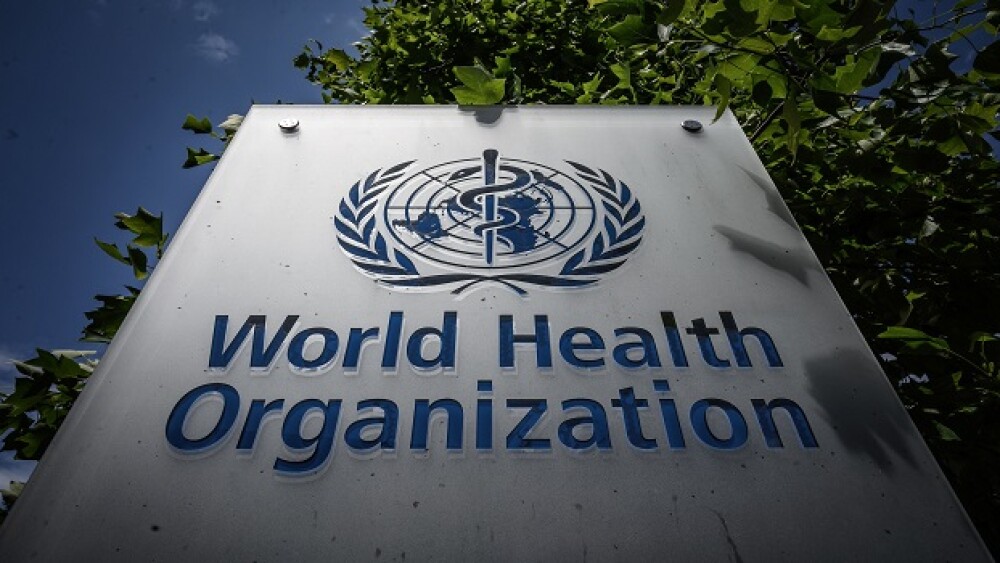The WHO will decide whether to declare a public health emergency following the recent outbreaks of monkeypox, and poliovirus has been detected in London water samples.
Courtesy of Fabrice Coffrini/AFP/Getty Images
With the world still recovering from COVID-19, the thought of another contractable illness seems incomprehensible. Cases of Monkeypox have popped up in a handful of countries, sparking emergency officials to kick preventative measures into a higher gear. Adding to new fears, the Polio virus has appeared in new and troublesome places.
WHO May Declare Monkeypox a Public Health Emergency
The World Health Organization is tasked with deciding whether to declare a public health emergency of international concern over the recent outbreaks of monkeypox. If initiated, the state of emergency would be communicated globally at the WHO’s highest alert level. After such an alert, the WHO would issue further guidance on how to handle the outbreaks, including an urgency for vaccination. An emergency committee, led by WHO Director-General Tedros Adhanom Ghebreyesus, will meet on Thursday.
The proposal of this alert has drawn negative remarks from African officials who have been aware of monkeypox outbreaks for years, localized to Africa. In the Democratic Republic of the Congo (DRC), two deaths attributed to the monkeypox virus were reported in the first month of 2022.
This followed thousands of cases that arose in 2021, branching into 2022. Although the 2021 case number was roughly half of what was reported in 2020, with a steeping 6,257 cases and 229 deaths, the fact that the virus is being seen in the majority of DRC’s provinces is cause for alarm.
One of the critics is Professor Emmanuel Nakoune, the acting director of the Institut Pasteur in Bangui, Central African Republic, who is currently involved in a monkeypox treatment trial.
“When a disease affects developing countries, it is (apparently) not an emergency. It only becomes an emergency when developed countries are affected,” Nakoune said.
Polio Detected in UK Water Samples Raises Alarm
The United Kingdom hasn’t had a reported case of Polio since 1984 - but that streak may end soon if an unvaccinated person happens to be exposed to the poliovirus and develop a severe case. In water samples from North and East London water treatment plants between February and May of this year, polioviruses were detected.
The U.K. Health Security Agency has released a statement, saying “As part of routine surveillance, it is normal for 1 to 3 ‘vaccine-like’ polioviruses to be detected each year in UK sewage samples but these have always been one-off findings that were not detected again.” The statement continues, “Investigations are underway after several closely-related viruses were found in sewage samples taken between February and May. The virus has continued to evolve and is now classified as a ‘vaccine-derived’ poliovirus type 2 (VDPV2), which on rare occasions can cause serious illness, such as paralysis, in people who are not fully vaccinated.”
In response, increased surveillance efforts are underway, expanding the scope of the investigation in hopes of determining the potential impact. UK physicians have been notified in the event that treatment is needed.
According to the U.S. Centers for Disease Control and Prevention, if contracted, the virus ranges in severity. While this isn’t the case for the majority of people that get infected, for roughly 1% of patients, the virus may enter the spinal cord and progress into a life-threatening disease that causes paralysis or meningitis of the spinal cord and brain.





